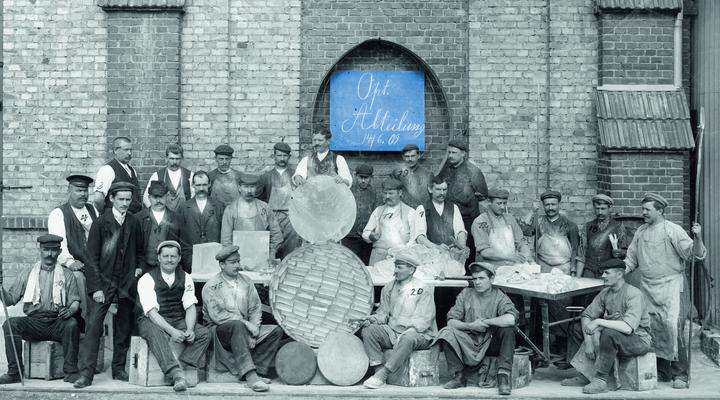
History
Highlights
Explore our history
Pioneers who shaped history
Time and again, it’s outstanding pioneers who make history. They are role models who achieve great things and inspire others.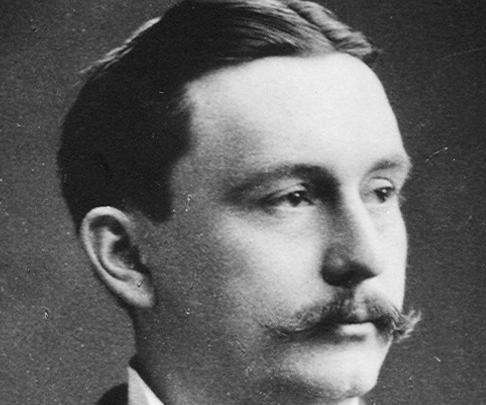
Otto Schott
Otto Schott (1851-1935) is considered to be the inventor of modern glass science and the forerunner of the specialty glass industry. With his systematic research, the chemist was the first to develop glasses with precise predetermined properties that could be reproduced at any time. His completely new optical and technical specialty glasses surpassed everything that had gone before.
In 1884, together with the physicist Ernst Abbe and the optician and precision mechanic Carl Zeiss, he founded the Schott & Associates Glass Technology Laboratory, a small laboratory in Jena, Germany. Using groundbreaking developments in glass, he embedded the pioneering spirit deep into the DNA of SCHOTT. At the same time, his special glasses enabled a wide range of advances in science and technology.
Thanks to his life’s work, Otto Schott occupies a unique position in the history of glass. Showing great responsibility as an entrepreneur, he also supported the visionary ideas of Ernst Abbe and became the co-founder of the Carl Zeiss Foundation.
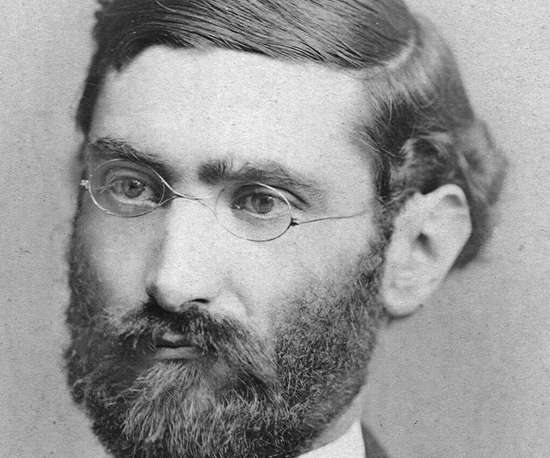
Ernst Abbe
Ernst Abbe (1840-1905) established a unique corporate model and became a pioneer in sustainability. As a physics professor at the University of Jena, Abbe became the founder of scientific optics, while as a partner in the Optical Workshop of Carl Zeiss, he raised the production of microscope lenses to a scientific level. With this expertise, he brought glass pioneer Otto Schott to Jena, where he developed much-needed new types of optical glass to further improve the performance of ZEISS microscopes.
In 1884, together with Otto Schott and Carl Zeiss, Abbe was one of the founders of the Glass Technology Laboratory, and in 1889, he founded the Carl Zeiss Foundation in memory of his late partner. With the support of Otto Schott, he made the Foundation sole owner of the ZEISS and SCHOTT companies.
Following the foundation statute of 1896, Abbe established a unique visionary corporate model for both foundation companies, characterized by the guiding principle of sustainability.
Erich Schott
Erich Schott (1891-1989) followed in his father’s footsteps and led the company through its most difficult period. In 1945, when American troops took selected specialists to West Germany as they withdrew from Thuringia at the end of World War II, he was at the head of “The Odyssey of the 41 Glassmakers”.
In 1952, following the expropriation of the parent company in Jena and the division of Germany into East and West, Erich Schott directed the construction of a new plant in Mainz. From here, he led the company back to global prominence. The development of new business areas such as television glass and the establishment of the first production sites and sales offices outside Germany made significant contributions to this journey.
Erich Schott is regarded as one of the pioneers of the “Economic Miracle” – the economic reconstruction of West Germany after World War II.
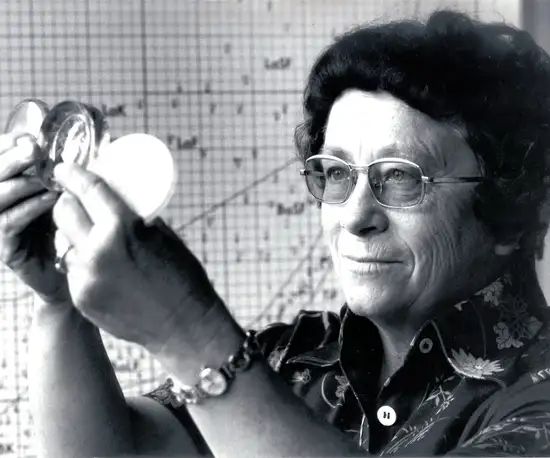
Marga Faulstich
Marga Faulstich (1916-1998) was the first female executive at SCHOTT. In 1945, when American troops retreated from Thuringia at the end of World War II, they took selected specialists with them to Western Germany. Faulstich was one of the chosen experts and a key part of “The Odyssey of the 41 Glassmakers”.
After restarting her career in Mainz, she rose from laboratory assistant to highly qualified glass chemist and a leading expert in optical glass. With great energy and passion, she was instrumental in the development of more than 300 optical glass types for applications including high quality camera lenses, optical instruments, ophthalmic lenses, and fiber optics. Nearly 40 patents bear her name.
Her most significant development was a high-index lightweight glass lens, which made significant improvements to high diopter eyeglasses, making them much lighter and more esthetic.
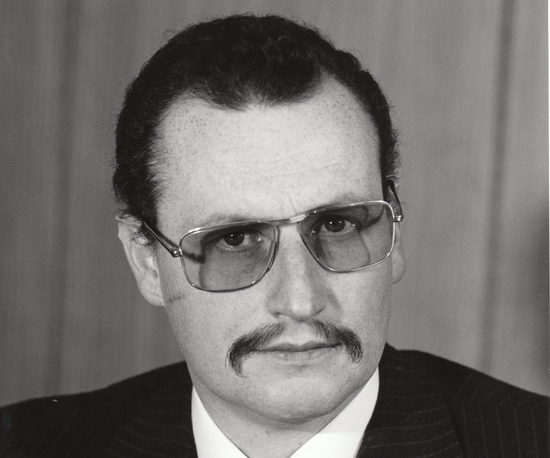
Jürgen Petzoldt
Jürgen Petzoldt (1935-2011) was the driving force behind the development of a new glass-ceramic material from 1966. With courage and perseverance, the chemist stayed true to his convictions despite doubts from within the company.
Success proved him right. With a thermal expansion close to zero, ZERODUR® glass-ceramic ushered in a new era of mirror substrates for telescopes and became a flagship product for SCHOTT. Later, Petzoldt would become one of the “fathers” of the CERAN® glass-ceramic cooktop panel.
With his single-mindedness, he rose from scientific assistant to Head of Research and Development, and finally to Member of the Board of Management. From 1991 to 1994, Petzoldt led the International Commission on Glass as President, and is now recognized as a worldwide authority on the glass sector.
Discover the full history of SCHOTT
At our founding site in Jena, Germany, you can delve deeper into our history. Visit our museum at the SCHOTT Villa and delve through the SCHOTT Archives, our fascinating collection of historical documents and objects.
The SCHOTT Villa in Jena is the museum of the SCHOTT Group. Company founder Otto Schott used to live here with his family. Today, his life’s work as well as the company and innovation history of the SCHOTT Group are presented here in various exhibitions.
When you visit the SCHOTT Villa in Jena, you can go on a virtual time travel with your smartphone and the SCHOTT Villa App. To do this, download the free SCHOTT Villa App onto your smartphone or tablet using the corresponding button.
SCHOTT Villa App
Download for iOS SCHOTT Villa App im App Store
Download for Android SCHOTT VILLA – Apps bei Google Play
If you are unable to visit the SCHOTT Villa, you can take a virtual tour here.
SCHOTT Villa
Otto-Schott-Strasse 5
07745 Jena
Germany
Opening hours
Tue-Thu: 1-5pm
Admission free.
The SCHOTT Villa is accessible to wheel chair users.
Bus parking available.
Contact
Judith Hanft
Phone: +49 (0)3641/681-5697
Email
Located at SCHOTT’s original site in Jena, Germany, the SCHOTT Archives is where our most important documents and objects from over 130 years of company history are stored. Among the most valuable artifacts are correspondence between company founder Otto Schott and Ernst Abbe, glass melting books, patents, annual reports, advertising brochures, employee and customer magazines, and historical photo collections.
The SCHOTT Archives offers scientists, publicists, students, pupils, and journalists the opportunity to conduct personal research. If you wish to explore the archives on-site then please make a request by telephone, email or post.
Contact
SCHOTT Archives
Otto-Schott-Strasse 13
07745 Jena
Germany
Judith Hanft
Archivist
Phone: +49 (0)3641/681-5697
Email



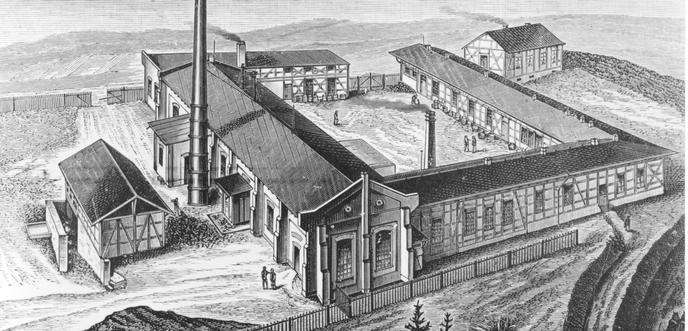

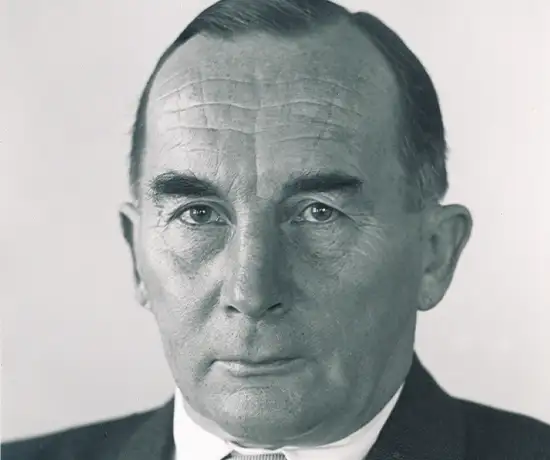
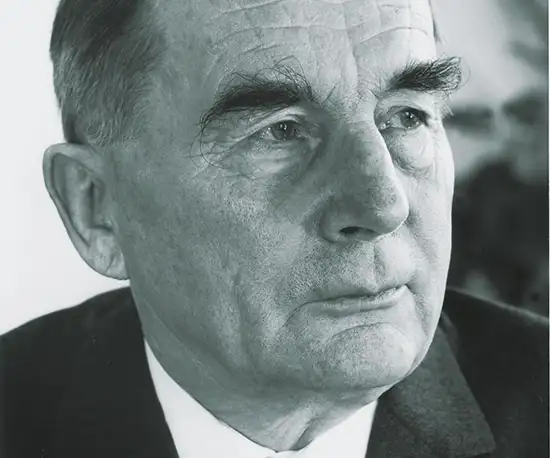


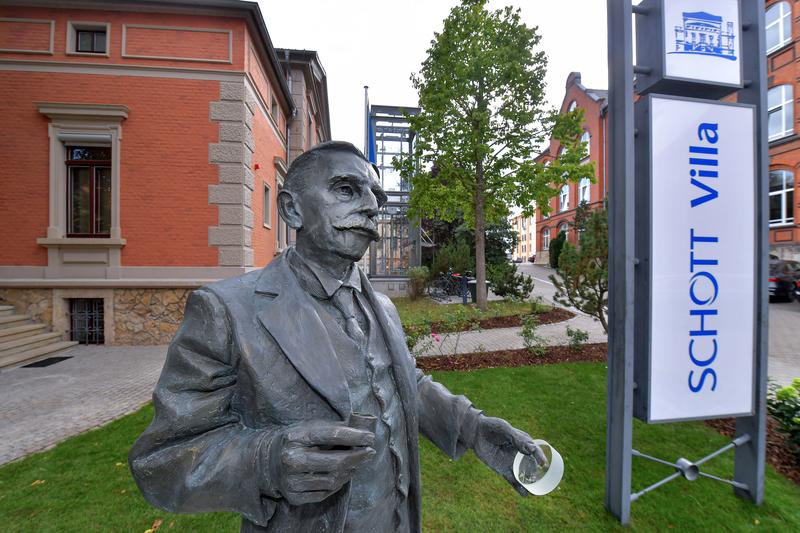
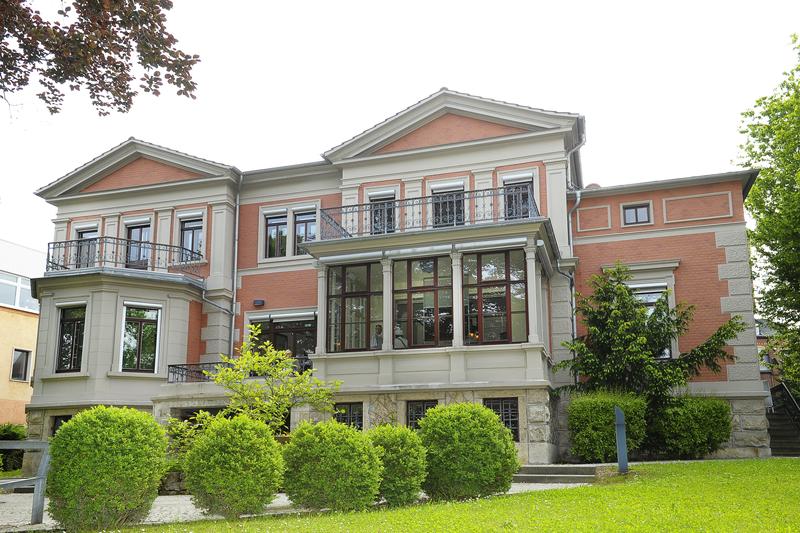
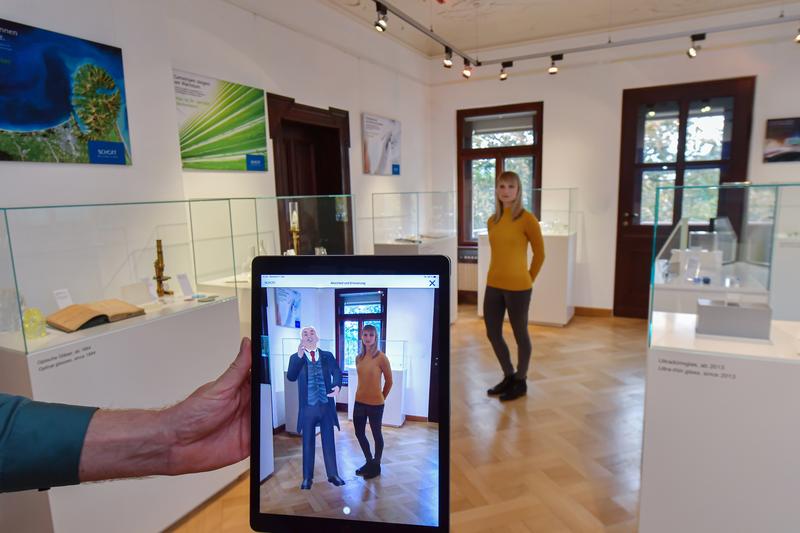
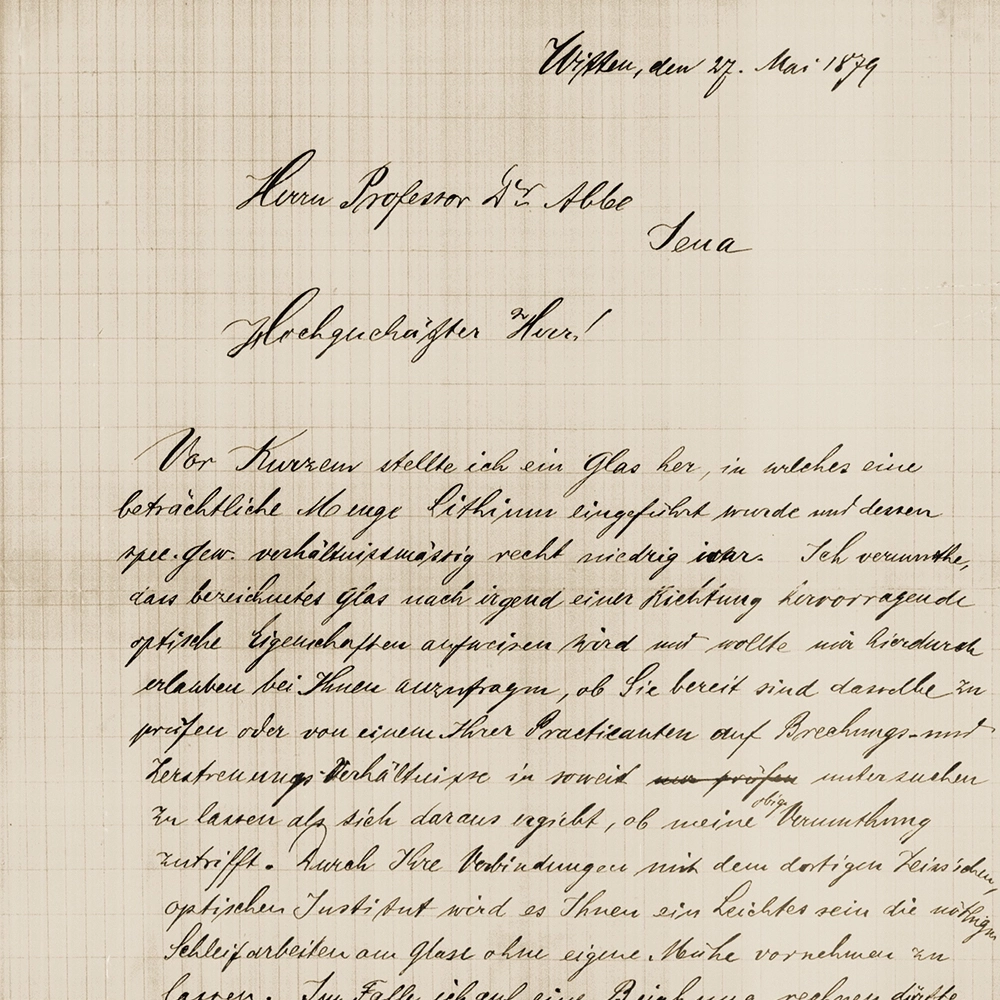
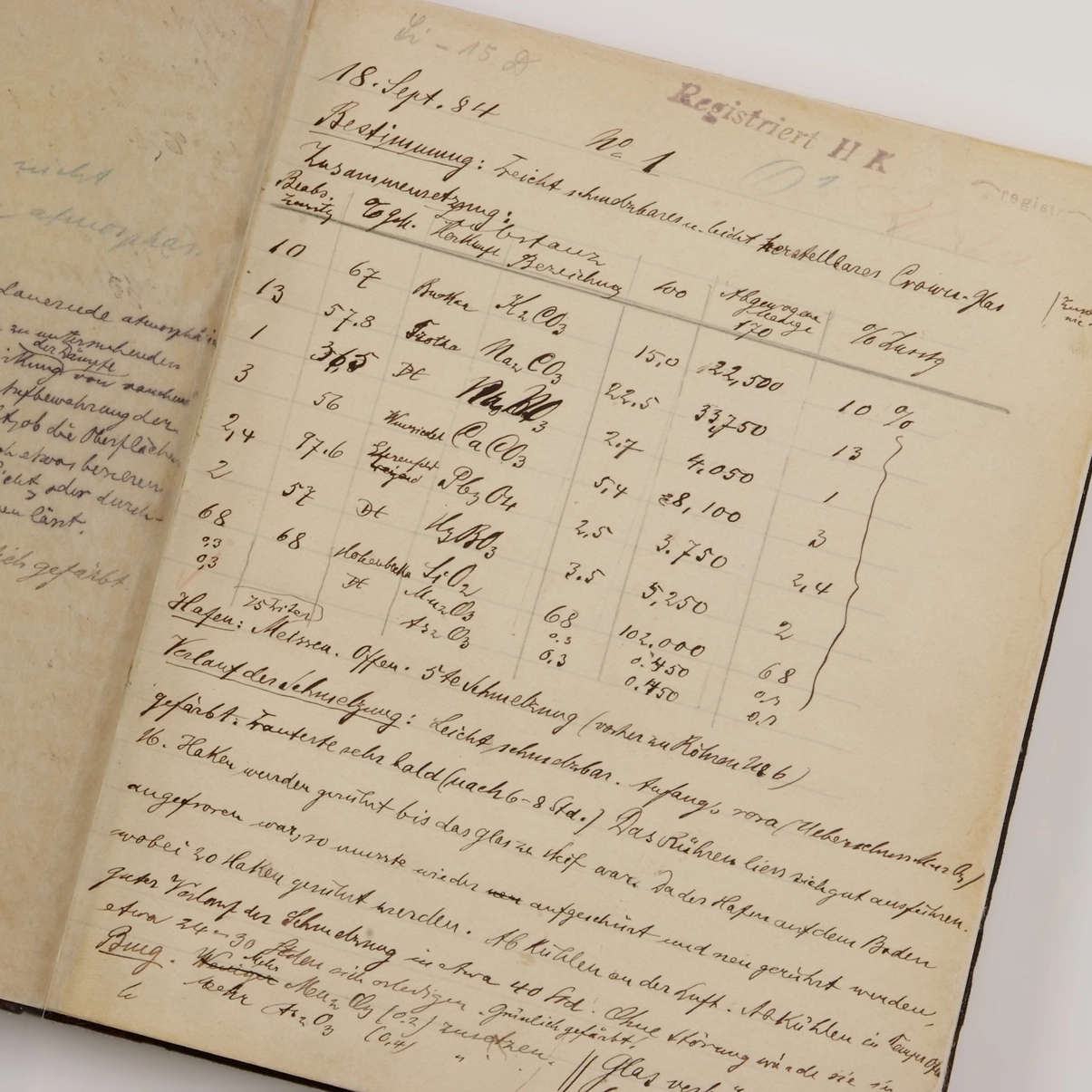
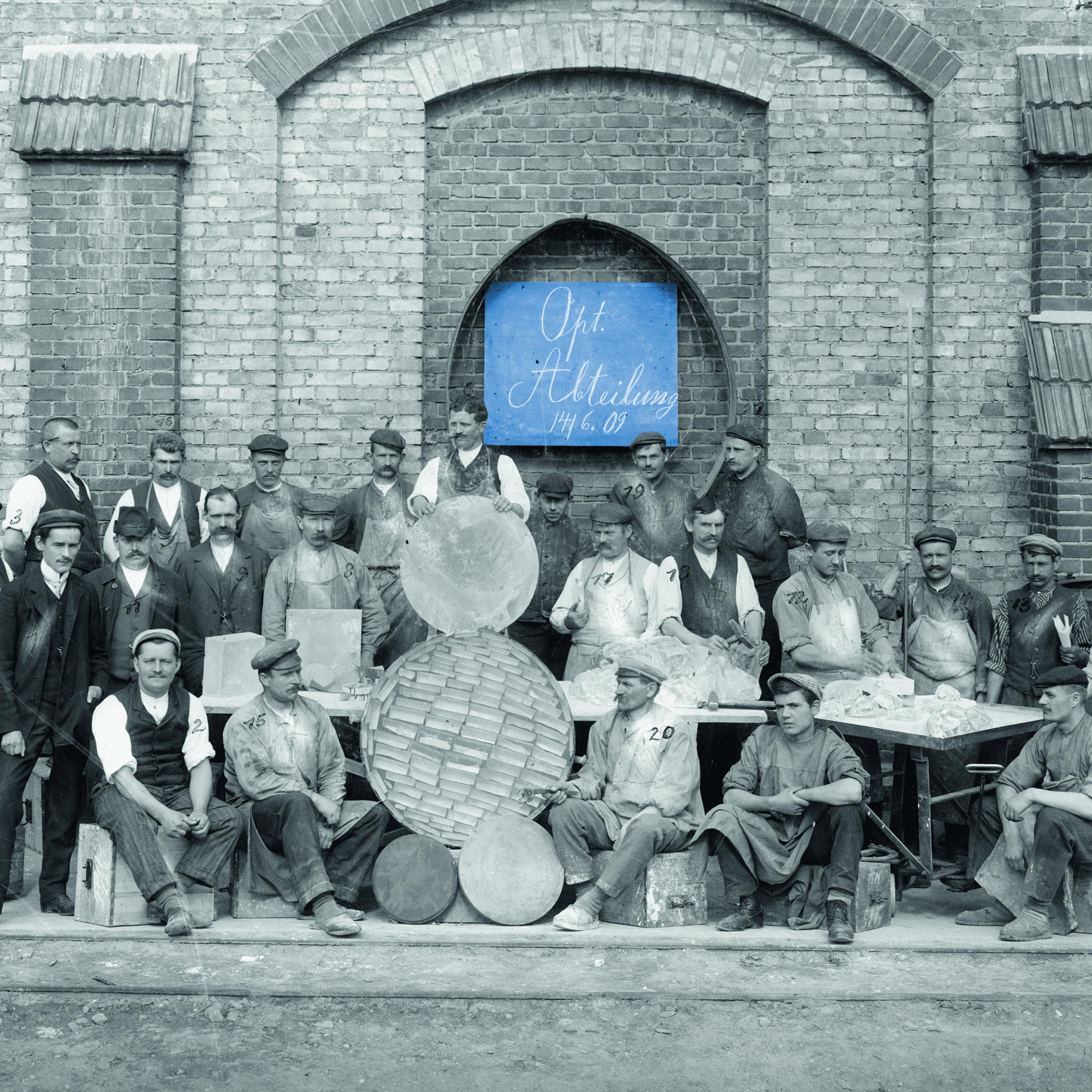
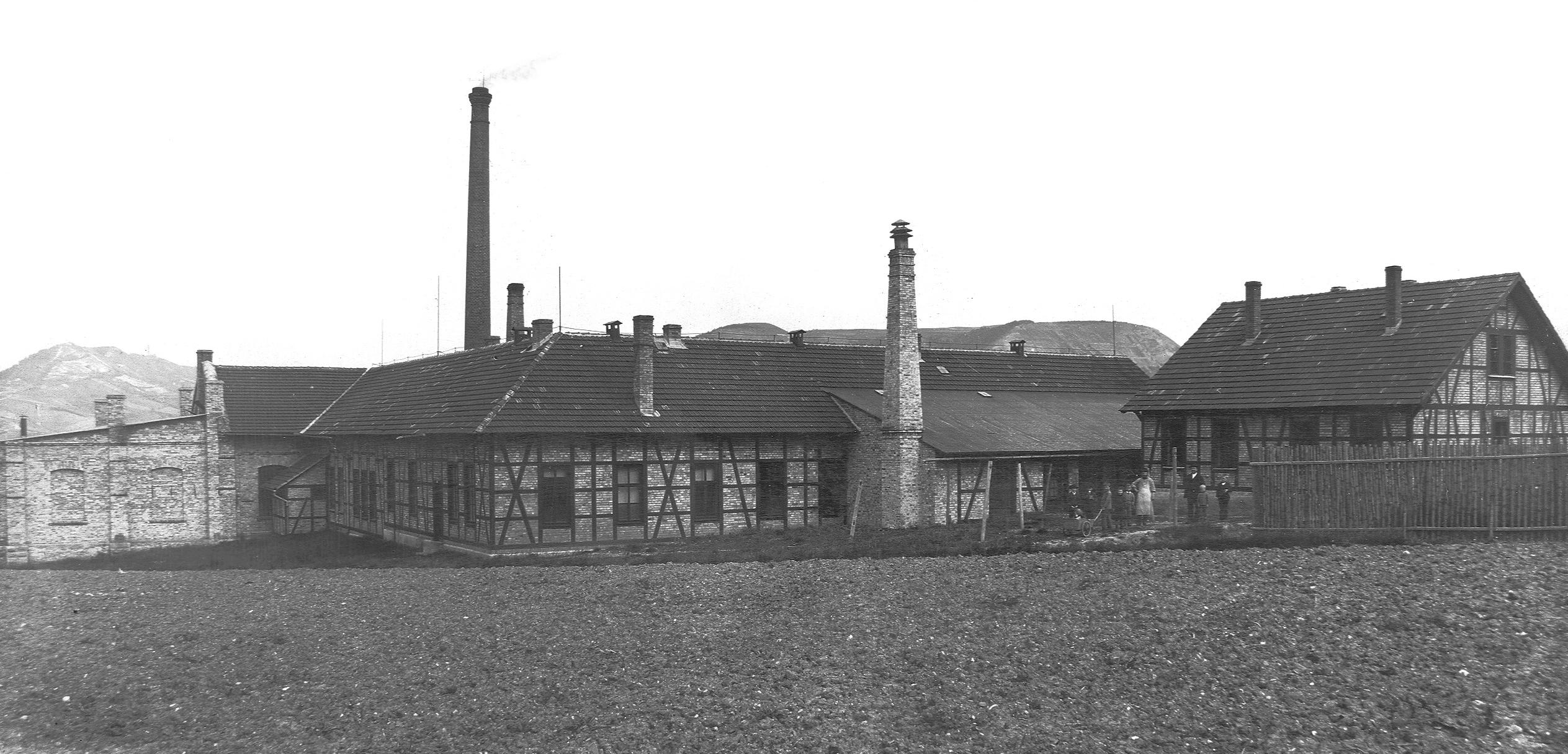
 Download for IOS
Download for IOS